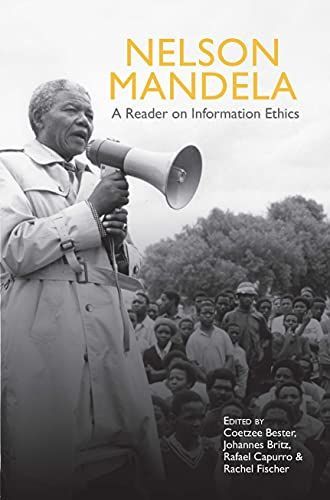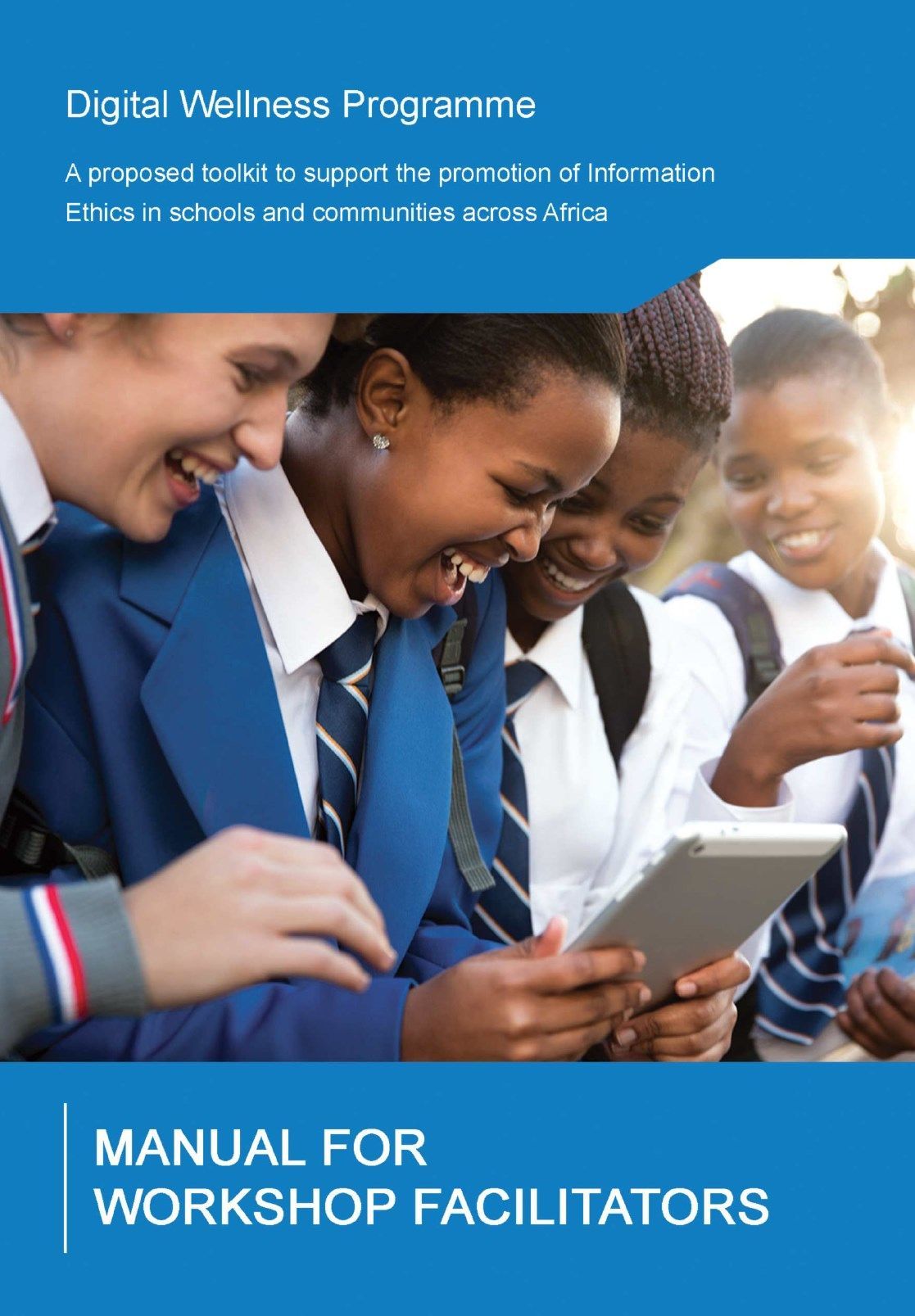A Proposed Set of Guidelines for Capacity on Combating Online Radicalisation of Youth and Violent Extremism
Coetzee Bester - 30 November 2020
Abstract
The overall purpose of this project is to construct specific actions plans to promote intercultural and interdisciplinary practices of Information Ethics. The following is the specific objectives of this report:
1. Research online radicalisation of youth and violent extremism by:
- Identifying forms of online radicalisation of youth and violent extremism, with a specific focus on international trends; and
- Identifying forms of online radicalisation of youth and violent extremism, with a specific focus on African trends.
- These aspects are addressed in Section 2 to 7, which specifically takes the academic and international scholarly aspects into consideration.
2. Develop a set of guidelines based on research by:
- Providing a step by step guide in identifying online radicalisation of youth and violent extremism;
- Design useful tools within the guidelines to online radicalisation of youth and violent extremism; and
- Tailoring the guidelines for multicultural and multireligious African societies.
The guidelines and tools are found in Sections 7 and 8 which seeks to represent a more practical approach towards increasing capacity on combating online radicalisation of youth and violent extremism.
3. Throughout this report, the importance of combating online radicalisation of youth and violent extremism is referenced by:
- Situating the guidelines within the Information For All Programme’s (IFAP) priority areas and existing UNESCO structures (Section 6);
- Aligning it with the SDGs and AU Agenda 2063 and other international and local normative instruments (Section 9);
- Drafting a policy paper for combatting online radicalisation of youth and violent extremism as an important element of inclusive knowledge societies (final report).
Apart from the guidelines and useful tools, other deliverables include recommendations.


